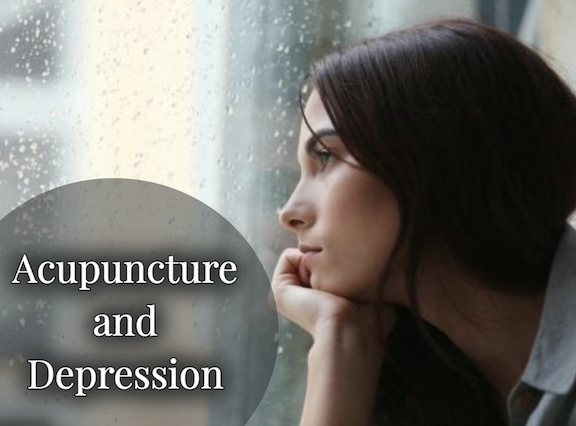What You Must Know About Depression
What is Depression?
Depression is a mood disorder that is known for affecting how people think, feel, and act. Most people know depression as when people are constantly feeling sad, which is definitely true, but just being sad does not necessarily mean that someone has depression. According to the American Psychiatric Association, depression affects one in fifteen adults a year. Depression is more prominent in women than men.
What are Different Causes of Depression?
Depression can manifest in so many different ways. Sometimes people aren’t even sure of the cause of depression. Sometimes there can be a combination of causes of depression. Different causes of depression are:
Genetics: If depression runs in their family, people are more likely to suffer from depression. Also, if one twin has depression, the other twin has a 70% chance of suffering from depression as well.
Brain Chemistry Imbalance: Neurotransmitters help different areas of the brain communicate efficiently together. If there is a shortage of neurotransmitters, this may cause depression.
Female Sex Hormones: When women’s hormones are heightened, such as during pregnancy/childbirth and during their menstrual cycle, there is a higher chance of suffering from depression.
Physical Health Problems: When people are suffering from physical health conditions, this may affect their mental health as well. For someone with a chronic illness, they may become depressed by feeling as though they can no longer do the things they used to or that they have become a burden to their friends and family.
Drugs: Drugs, prescription medications, and alcohol have been known to impact depression.
Stressful Life Events: Stressful life events cause a high level of cortisol in the body, which affects the person’s ability to cope and causes depression.
Grief & Loss: When people lose a loved one, it causes an immense amount of pain and can bring up symptoms of depression. If these symptoms continue after a period of time and do not get any better, or get worse, this turns into depression.
Nutrition: When people have a poor diet that lacks in nutrition, they are more likely to suffer from depression.
Environmental Factors: People who are exposed to violence, abuse, or poverty are more likely to be affected by depression.
Different Types of Depression
Dysthymia (Persistent Depressive Disorder): This type of depression lasts for two years or more.
Postpartum Depression: This is the time during pregnancy, or after childbirth, that causes women to feel sadness, anxiety, and exhaustion. Many women who suffer from postpartum depression have a hard time bonding with their baby or they have a hard time caring for their baby.
Psychotic Depression: Psychotic depression is when people have depression, along with hallucinations and delusions.
Seasonal Depression: This type of depression is seen in the winter time due to the lack of sunlight.
What are Different Signs & Symptoms of Depression?
As stated above, many people associate depression with just feeling sad. However, there are other signs and symptoms of depression that everyone should know and be aware of. These signs and symptoms can all range from mild to severe. Different signs and symptoms to look out for are:
– Loss of interest in activities
– Changes in appetite
– Weight loss or weight gain
– Sleep issues: either sleeping too much or not sleeping at all
– Loss of energy
– Pacing, slow movements
– Feeling worthless or guilty
– Difficulty thinking or concentrating
– Thoughts of death or suicide
How Does Acupuncture Help Depression?
Acupuncture is known for using acupuncture points to control the flow of energy, known as Qi. In Chinese Medicine, practitioners believe that depression is an imbalance of the flow of energy. By assessing the signs and symptoms of depression that the person is currently suffering from, along with their medical history, acupuncturists can choose the correct acupuncture points to help alleviate the symptoms of depression.
Acupuncture Points for Depression
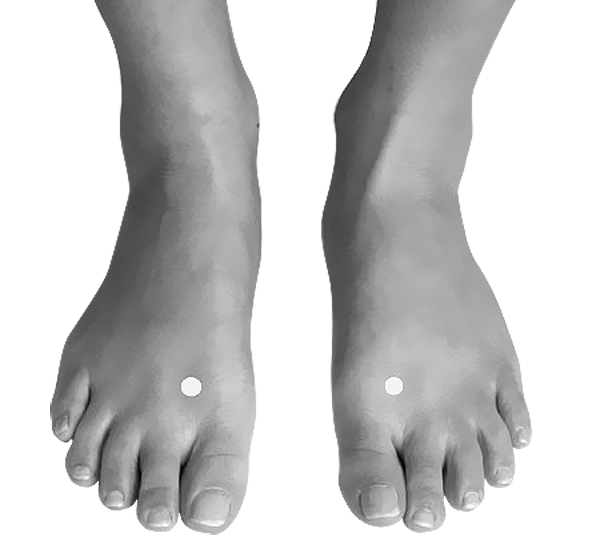
LV 3 & LI 4: Using these two acupuncture points together can help to move the Qi
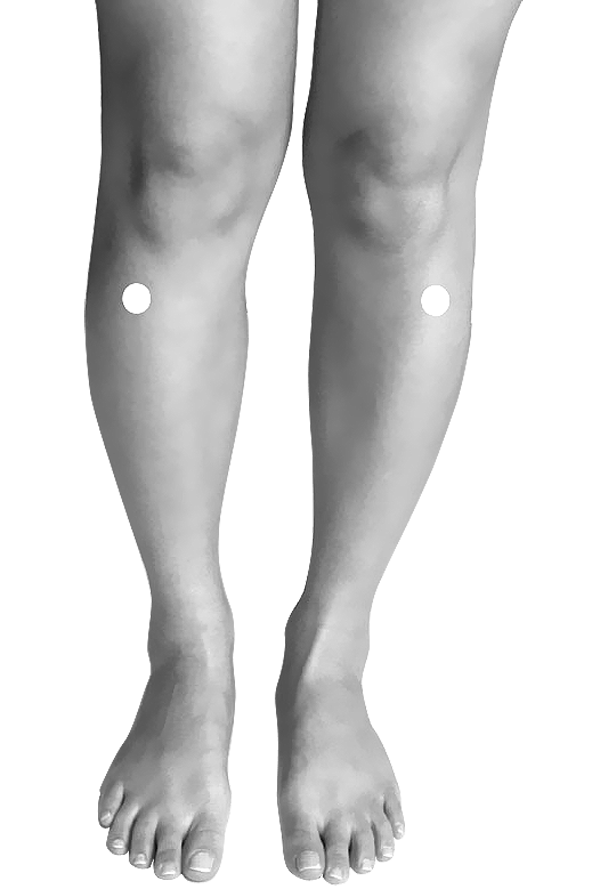
ST 36: This can help tonify deficient Qi and helps with psychological & emotional disorders
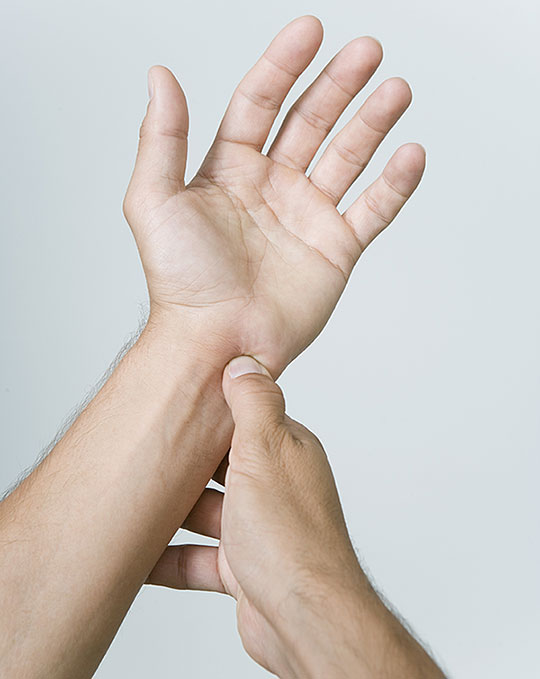
HT 7: Very helpful with emotional & physical problems, insomnia, and anxiety
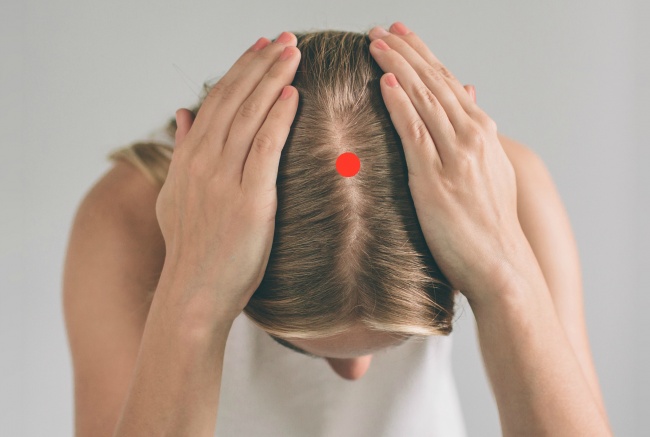
GV 20: Helpful with emotions, behavior, & low energy.
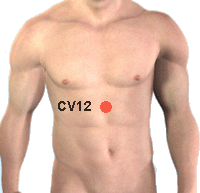
CV 12: Good for stress related disorders and insomnia
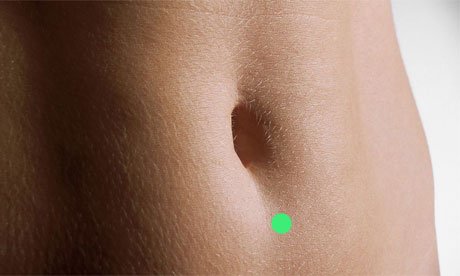
CV 4: Used for deficiencies of Yin, Yang, Qi & Blood
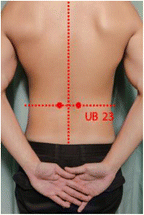
UB 23: Useful for depression, anxiety, exhaustion, and chronic fatigue
UB 15: Great with emotional issues, stress, and insomnia
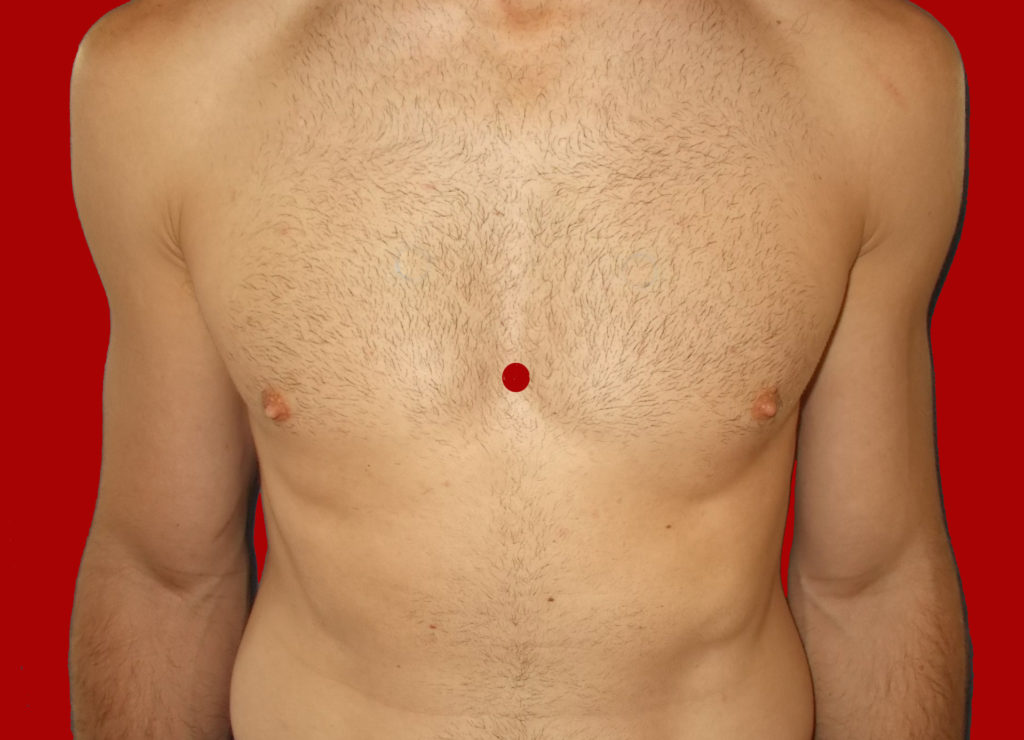
CV 17: Used for overall Qi
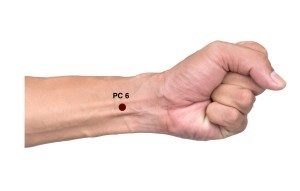
PC 6: Helps with insomnia, stress, and nervousness
Research Studies on Acupuncture Treatments for Depression
In this 2015 research study, researchers sought to determine if acupuncture was an effective treatment option for stroke patients battling post stroke depression. Researchers used a cohort study and found 8,8487 people, from the time period of 2000-2005, who were newly diagnosed stroke patients. One thousand and thirty-six patients received acupuncture more than five times following their stroke, while one thousand and fifty-three patients received acupuncture treatments between one and five times following their stroke. The remaining six thousand three hundred and ninety-eight patients did not get any acupuncture treatments following their stroke. After determining their age, gender, type of stroke, length of hospital stay, stroke severity index, and more, researchers determined that stroke patients who received frequent acupuncture treatments had a 52.5% lower chance of post stroke depression, while infrequent acupuncture treatment patients had a 28.2% lower risk of post stroke depression. The results of this study show that acupuncture may be an effective treatment option for stroke patients suffering from post-stroke depression.
References:
Depression. National Institute of Mental Health.
Depression Symptoms & Types. WebMD.
Gregory, C. Depression in Women. PSYCOM.
Schimelpfening, N. 2019. Common Symptoms of Clinical Depression. Very Well Mind.
Causes of Depression. WebMD.
Schimelpfening, N. 2019. 9 Most Common Causes of Depression. Very Well Mind.
Depression Diagnosis & Treatment. WebMD.
Holland, K. 2018. Acupuncture for Depression: Does it Really Work? And 12 Other FAQs. Healthline.
Dabel, T. How Acupuncture Can Treat Depression by Restoring Bodily Energy. Bridges to Recovery.
Acupuncture for Depression – Treatment Protocols. Ying Yang House.
Tseng SP, Hsu YC, Chiu CJ, Wu ST. A Population-Based Cohort Study on the Ability of Acupuncture to Reduce Post-Stroke Depression. Medicines (Basel). 2017;4(1):16. Published 2017 Mar 15. doi:10.3390/medicines4010016
